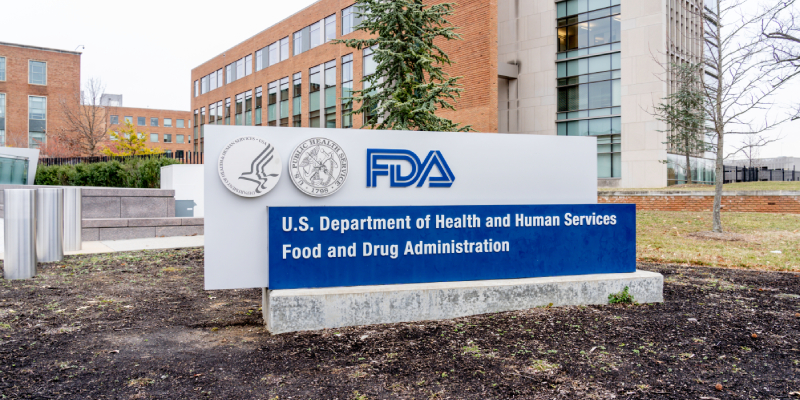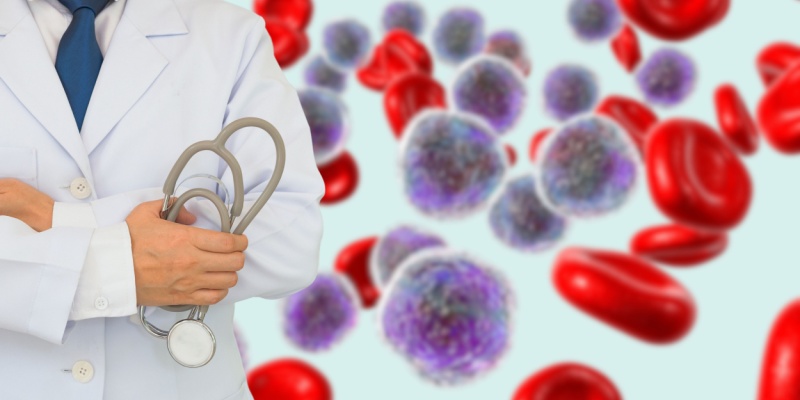
The US Food and Drug Administration (FDA) has approved the use of ivosidenib (Tibsovo) for adult patients with relapsed or refractory myelodysplastic syndromes (MDS) with a susceptible IDH1 mutation.
The October 24, 2023, approval was based on trial AG120-C-001, according to the FDA’s official website. This open-label, single-arm, multicenter trial included 18 adult patients with relapsed or refractory MDS with an IDH1 mutation. IDH1 mutations were detected in peripheral blood or bone marrow by a local or central diagnostic test and confirmed by the Abbott RealTime IDH1 Assay, which was also approved by the FDA as a companion diagnostic device to select patients for treatment with ivosidenib.
The purpose of the phase I trial was to evaluate the “safety, pharmacokinetics, pharmacodynamics and clinical activity of AG-120 [ivosidenib] in advanced hematologic malignancies that harbor an IDH1 mutation,” according to researchers.
Patients orally received ivosidenib at a starting dose of 500 mg daily continuous for 28-day cycles until disease progression, unacceptable toxicity, or hematopoietic stem cell transplantation (median treatment duration, 9.3 months).
Efficacy was established by the rate of complete remission (CR) or partial remission (PR), CR plus PR durations, and conversion rate from transfusion dependence to independence. The CR rate was 38.9% and the median time-to-CR was 1.9 months.
Of nine patients dependent on red blood cell (RBC) and/or platelet transfusions at baseline, six (67%) became RBC and platelet transfusion independent during any 56-day post baseline period. Meanwhile, of nine patients independent of both RBC and platelet transfusions at baseline, seven (78%) remained transfusion independent during any 56-day post baseline period.
The most common adverse reactions included gastrointestinal toxicities (diarrhea, constipation, mucositis, and nausea), arthralgia, fatigue, cough, myalgia, and rash, which were similar to common adverse reactions observed with ivosidenib monotherapy for acute myeloid leukemia. Tibsovo may also cause QTc prolongation.






 © 2025 Mashup Media, LLC, a Formedics Property. All Rights Reserved.
© 2025 Mashup Media, LLC, a Formedics Property. All Rights Reserved.